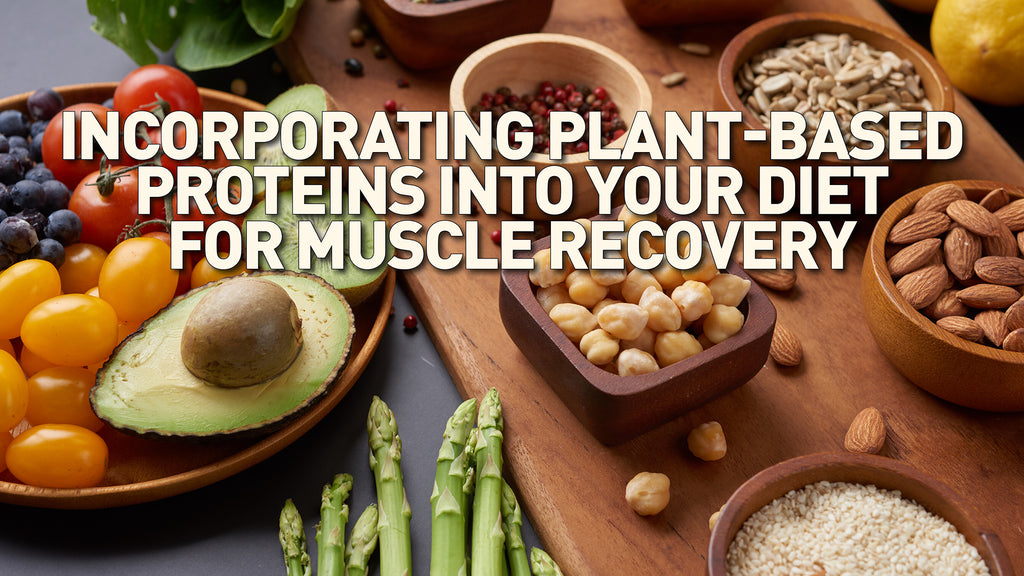
The Importance of Hydration: How to Stay Hydrated Naturally

Water is essential for life, playing a critical role in maintaining bodily functions, regulating temperature, and supporting overall health. Yet, many of us struggle to stay adequately hydrated, especially with the abundance of sugary drinks and caffeinated beverages readily available. In this blog post, we'll delve into the importance of hydration and share practical tips for staying hydrated naturally.
Why Hydration Matters:
Proper hydration is essential for optimal health and well-being. Water makes up a significant portion of our bodies and is involved in nearly every bodily function, including digestion, circulation, and nutrient transport. Staying hydrated helps maintain electrolyte balance, supports kidney function, aids in detoxification, and promotes healthy skin.
Signs of Dehydration:
Dehydration occurs when the body loses more fluids than it takes in, leading to a range of symptoms that can impact both physical and mental well-being. Common signs of dehydration include thirst, dry mouth, dark urine, fatigue, dizziness, headaches, and decreased cognitive function. Chronic dehydration can have more serious consequences, such as kidney stones, urinary tract infections, and heat-related illnesses.
Tips for Staying Hydrated Naturally:
- Drink Plenty of Water: The simplest way to stay hydrated is to drink plenty of water throughout the day. Aim for at least 8-10 cups of water per day, or more if you're active or live in a hot climate. Keep a reusable water bottle with you to sip on throughout the day, and make it a habit to hydrate before you feel thirsty.
- Eat Hydrating Foods: Many fruits and vegetables have high water content and can contribute to your daily hydration goals. Incorporate water-rich foods like cucumbers, watermelon, oranges, strawberries, and lettuce into your meals and snacks to boost hydration levels.
- Opt for Coconut Water: Coconut water is nature's electrolyte-rich sports drink, providing essential minerals like potassium, magnesium, and calcium to replenish electrolytes lost through sweat.
- Limit Caffeine and Alcohol: Caffeine and alcohol are diuretics, meaning they increase urine production and can lead to dehydration if consumed in excess. Limit your intake of caffeinated and alcoholic beverages, and balance them with plenty of water and hydrating foods.
- Listen to Your Body: Pay attention to your body's thirst cues and drink water whenever you feel thirsty. Additionally, monitor the color of your urine as a hydration indicator – pale yellow or clear urine is a sign of adequate hydration, while dark yellow urine may indicate dehydration.
Incorporating Organic Coconut Water:
In addition to following these hydration tips, incorporating coconut water can further support your hydration goals. Whether enjoyed on its own or blended into smoothies, coconut water provides a delicious and hydrating alternative to sugary sports drinks.
Hydration is essential for overall health and well-being, yet many of us struggle to stay adequately hydrated. By prioritizing hydration and incorporating natural strategies like drinking plenty of water, eating hydrating foods, opting for coconut water, and limiting caffeine and alcohol, you can support optimal hydration levels and thrive in your health journey.














